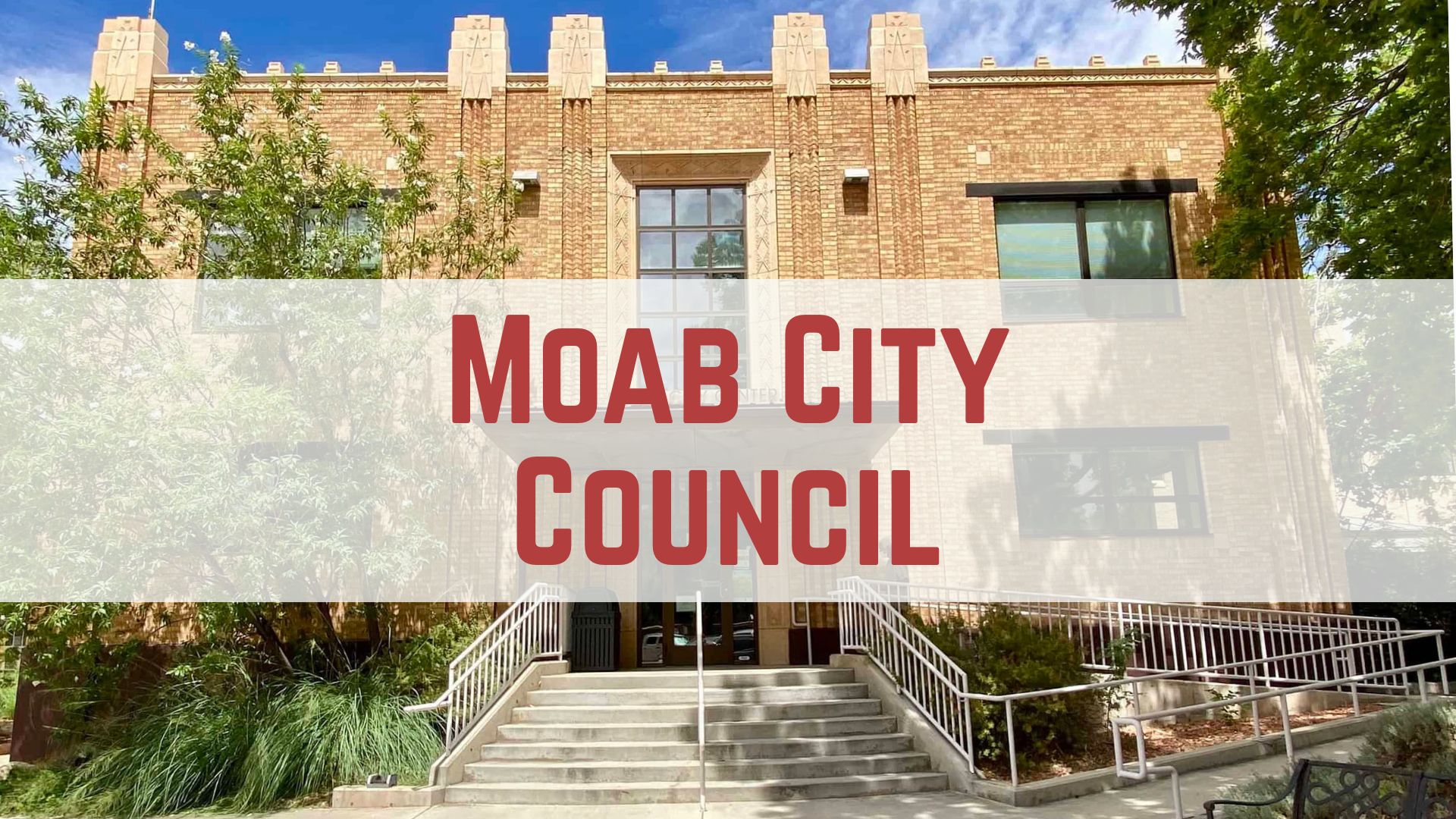Some information may be outdated.
An application for a residential lease on a 480-acre parcel of state trust lands above Castle Valley is causing concerns, as details of the plan and the buyer aren’t available due to confidentiality claims.
Both the Grand County Commission and the Town of Castle Valley have submitted letters to the Utah Schools and Institutional Trust Lands Administration expressing concerns about the residential lease application. The SITLA website characterizes such parcels in remote, scenic areas as ideal for second homes or primary residences.
The only publicly available details of the project are that, if approved, there will be grading and construction with associated traffic, and ongoing minor traffic in the area once it’s developed.
In documents, SITLA officials stated that the applicant for the parcels “has claimed business confidentially [sic],” and therefore the agency is not disclosing the name of the applicant or specific plans until after a competitive bidding period closes.
Bryan Torgerson is the deputy assistant director of the Southeast area for commercial and residential leases for SITLA. He explained that any applicant can claim confidentiality to protect their idea for the property in question. The agency then opens a competitive bidding window to allow other applicants to propose plans for the parcel. SITLA evaluates proposals and selects what it considers to be the highest and best use of the land for its beneficiaries. If there are no other applications, Torgerson said, the original applicant will likely get approval to proceed.
“Typically we always require the lessee to follow the county planning and zoning” for the parcel, Torgerson said. The competitive bidding for the parcel above Castle Valley likely won’t open for another couple of months, he said, and it will be open for a couple of months. After that, details of the winning proposal will be accessible to the public.
In a May 24 letter, the Town of Castle Valley requested that SITLA extend the public comment period on the proposal until after the competitive bid process is over and more details can be known.
Even without further details, town officials raised concerns about the potential impact of a development on the watershed that supplies Castle Valley, noting that the town is working with the Utah Division of Water Rights to close the aquifer to any further appropriations. The town requested that SITLA not allow more than two domestic filings on the parcel.
“In addition to our concerns about the watershed, the wildlife in this area needs to be considered. This area is a seasonal migration route as well as a year-round habitat for mule deer, elk and bear,” the letter continues. Wildlife habitat is already damaged by fire mitigation efforts in the National Forest and by ongoing drought, town officials said.
Grand County’s letter agreed with the concerns expressed by Castle Valley, including the threat of wildfire.
“Wildfires have increased dramatically throughout the western US, and the recent Pack Creek fire showed that our area is also vulnerable to this risk,” the county’s letter says. “At first glance, the wooded area of the proposed lease is exactly the sort of place in which we do not want to locate new residences” because of the associated exposure to wildfire danger.
According to the SITLA application for residential leases, an applicant can claim business confidentiality if the submitted proposal contains trade secrets; or commercial or non-individual financial information that could result in unfair competitive injury to the person submitting the information, and the submitter has a greater interest in keeping the information private than the public has in obtaining access.
The SITLA approval process includes agency review, cultural resource surveys, review by local governments, and a 30-day review by the Resource Development Coordinating Committee, a body overseen and staffed by the Public Lands Policy Coordination Office, which is within the Governor’s Office. SITLA’s website says the process can take up to six months.
The Grand County Commission meets on the first and third Tuesday of every month at 4 p.m. Meetings are streamed online at the Grand County Youtube channel. Schedules, agendas and opportunities for public comment can be found at www.grandcountyutah.net. Residents can email commission@grandcountyutah.net to automatically reach each County Commission member, the commission administrator, the associate commission administrator, and the county attorney.
Appreciate the coverage? Help keep local news alive.
Chip in to support the Moab Sun News.




